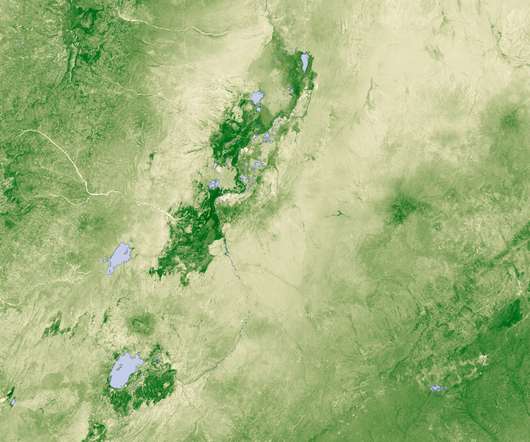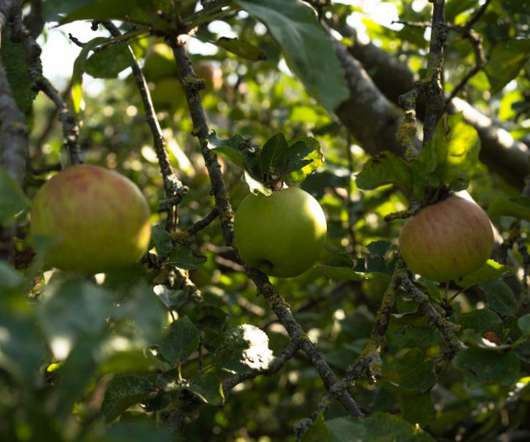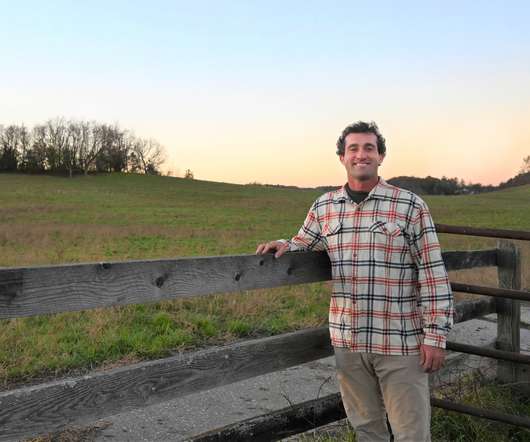How to Build an Eco-Friendly Home
The Environmental Blog
JANUARY 17, 2023
With today’s climate change issues, people are paying more attention to their carbon footprint and, overall, trying their best to be environmentally conscious. An eco-friendly house is designed with recycled materials, renewable energy sources, and sustainable landscapes. Buy Energy-Saving Appliances. Washing machines.






















Let's personalize your content